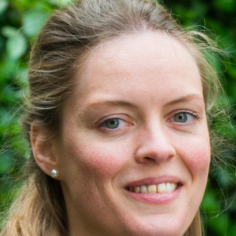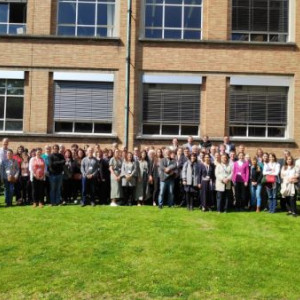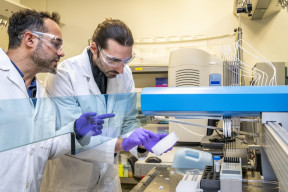Reforming and Enhancing the European R&I System
Similar to the free movement of goods and services, the European Commission wants to expand the European Research area in which researchers and innovators can move around in the EU without encountering legal, technological or physical borders. The primary objective is thus to stimulate the mobility of people active in R&I and diffuse the available knowledge all over Europe.
Your NCP contact for this programme

Margot Beereboom
margot.beereboom@fwo.be
+32 2 550 15 76
About this programme
During the new programme period, the European Research Area (ERA) will support a new phase in the development of the ERA and synergies with the European Higher Education Area, which may include a stronger focus on supporting the challenges identified in Pillar II, including missions and partnerships, to ensure that the strategic investments made there deliver maximum impact.
Opening the European Research Area to future challenges requires developing synergies with the European Higher Education Area in a complex landscape of universities and research organisations with a view to underpinning open science, innovative entrepreneurial practices, life-long-learning and upskilling talent and breaking down disciplinary and inter-sectoral barriers to match emerging business and societal needs.
Impacts will include better alignment of national reforms and increased programme level collaboration across Member States and Associated Countries, and will help increase the impact of both national and European investments in research and innovation. This will also support other research and innovation priorities including Open Science, citizens’ science, gender equality and other forms of diversity, improving international cooperation, ethics and integrity, and scientific input to other EU policies.
Latest news
Work Programme & Calls
Infosheets
Infosheets contain edited content on aspects related to this programme. They are reviewed at least yearly.
Related links
Related links are easy pointers towards external information. We curate the list, but are not liable for the destinations.
- EREA Open Science in Horizon Europe
- NCP_WIDERA.NET fact sheet ERA call 2024
- Showcase of citizen science by ERC grantees and other EU-funded projects
- Citizen Science and Frontier Research: ERC Annual Event 2022
- NCP_WIDERA.NET factsheet ERA call 2023
- NCP_WIDERA.NET Policy Brief ERA Policy Agenda
- Citizen science in ERC projects
- COM Info Day WIDERA 23-24 Work Programme
- Citizen Science projects - Cordis Results Pack
- History of Changes - Widening participation and strengthening the ERA Work Programme 2021-2022
- EC DG Research & Innovation Open Science
- Citizen science factsheet
- ERA Forum for Transition
- EC DG Research & Innovation ERA
- European Research Executive Agency - HE Reforming and enhancing the European R&I system
- Recorded video and presentations 21.04.2021 - HEU open science, gender, dissemination&exploitation, do not significant harm principle
- EC DG Research and Innovation - Gender equality in R&I
- Gender equality Horizon Europe factsheet
- ERC gender projects - Cordis Results Pack
- European Open Science Cloud
Documents
Documents contain additional information related to this programme, and are similar to related links.
Testimonial

SeaFoodTomorrow - improving the safety and dietary properties of seafood
The Project SeafoodTomorrow is a project that is approved within the call BG-08-2017: Innovative sustainable solutions for improving the safety and dietary properties of seafood.
The three-year SeafoodTomorrow project brings together 34 partners. From Flanders, ILVO takes part in the project.They are responsible for setting up two databases which are the central point of the project to gather all the project data from analysis and assessement. ILVO is also leader of the workpackage dealing with authenticity, traceability and labelling. ILVO is also involved a the workpackage about novel food preparation. And in the managerial part, ILVO is head of the IPC- Intellectual Property Comité.


